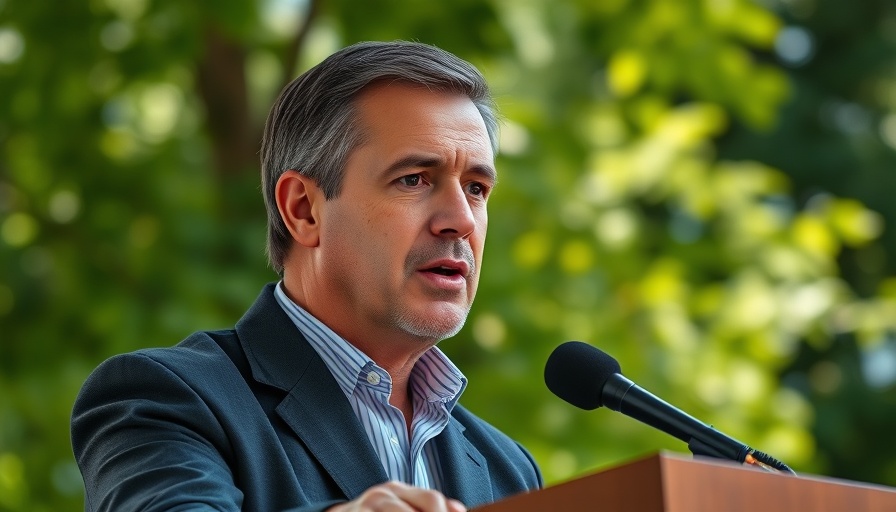
Harvard University’s Turmoil: A Leader’s Sacrifice Amidst Federal Scrutiny
As Harvard University grapples with heavy federal funding cuts amounting to more than $2.6 billion, its recently appointed president, Alan M. Garber, has made a significant decision that underscores the university's resilience. In an effort to lead by example, Dr. Garber announced that he will reduce his salary by 25%, effective July 1, coinciding with the start of Harvard’s next fiscal year. While the specific dollar figure of his compensation package remains unspecified, this gesture highlights the challenges the institution faces and reinforces the gravity of its ongoing confrontation with the Trump administration.
Clarity Amidst Chaos: The Symbolism of Salary Cuts
Garber’s pay cut is not merely a financial adjustment but a powerful symbol of solidarity with the university’s broader mission and its employees, many of whom are feeling the impact of the funding cuts. Harvard has already suspended merit raises and put a freeze on new hiring as part of its cost-saving measures, illustrating how the financial landscape is shifting dramatically at one of the world’s leading academic institutions. This move by Garber serves as an important reminder that leadership often requires sacrifices, particularly in tumultuous times.
The Bigger Picture: Harvard vs. The Trump Administration
The backdrop of Dr. Garber's pay cut is set against a contentious legal battle with the Trump administration, which has accused Harvard of not doing enough to combat antisemitism. This claim has sparked significant backlash from the university, which maintains its commitment to academic independence and dignity. As legal disputes unfold, Dr. Garber's leadership style will be scrutinized, making this a pivotal moment for Harvard not only in terms of funding but also in public perception and its own institutional integrity.
The Implications of Education Policy on Academic Freedom
This clash highlights ongoing tensions across the United States regarding education policy and academic freedom. The withdrawal of federal support could set a concerning precedent, suggesting a growing politicization of educational institutions. Dr. Garber’s actions may resonate beyond Harvard, inspiring university leaders across the country to advocate for their institutions and resist government overreach.
Future Opportunities and Challenges Ahead
In the face of adversity, institutions often find innovative ways to redefine their goals and missions. For Harvard, this could mean searching for alternative funding sources, fostering partnerships with private organizations, or enhancing its philanthropic efforts to compensate for lost federal financing. As they navigate these complexities, the choices made now will influence not only Harvard’s future but also the broader education landscape across the nation.
A Community at a Crossroads: Perspectives from Stakeholders
While faculty and staff may recognize the necessity of budget cuts, students and alumni might have feelings of disappointment or concern about the implications of such sacrifices. This shared experience is crucial for fostering a sense of community and solidarity at a critical juncture in Harvard’s history.
As the situation continues to evolve, potential solutions and adaptations will require collaboration and commitment from all involved. It is an opportunity for all stakeholders—faculty, students, alumni, and administration—to engage in deeper conversations about the future of education and its challenges.
Call to Action: Advocate for Academic Freedom
The funding cuts and administrative changes at Harvard highlight the importance of advocacy for educational institutions. As citizens and stakeholders in the educational landscape, it is vital to support initiatives that promote academic independence and equitable access to resources. Join the conversation about the future of education and consider reaching out to local representatives to voice your concerns.
 Add Row
Add Row  Add
Add 




 Add Row
Add Row  Add
Add 

Write A Comment